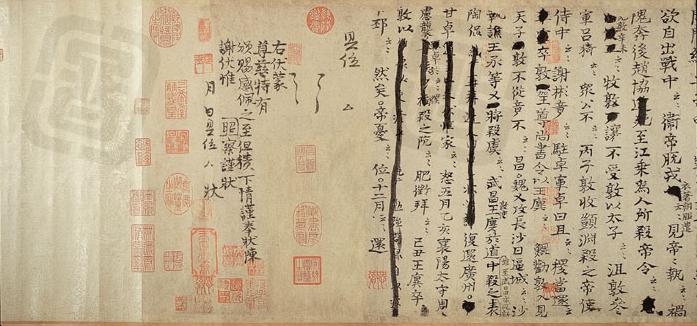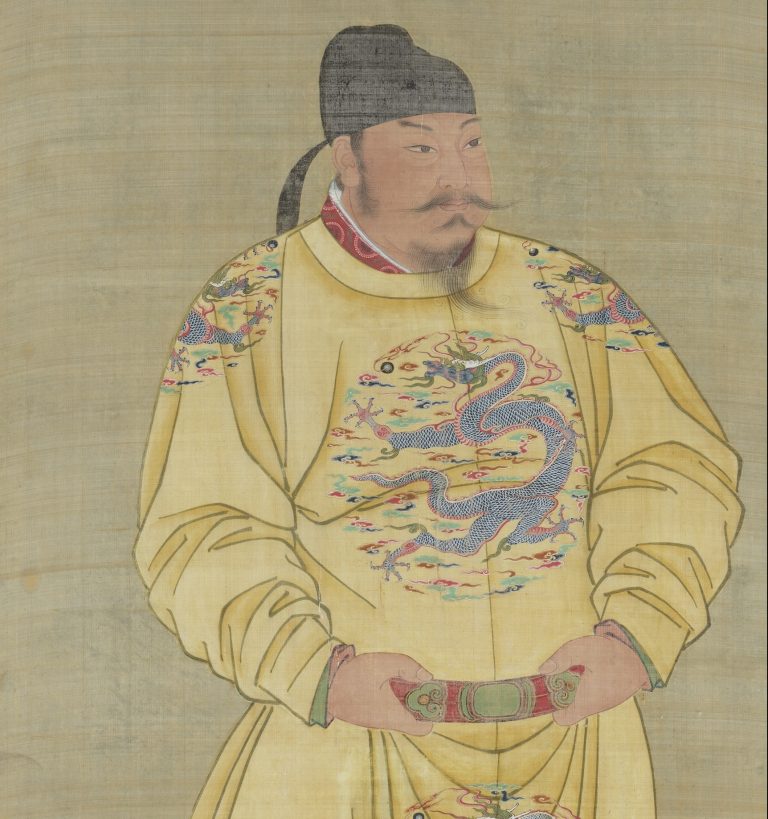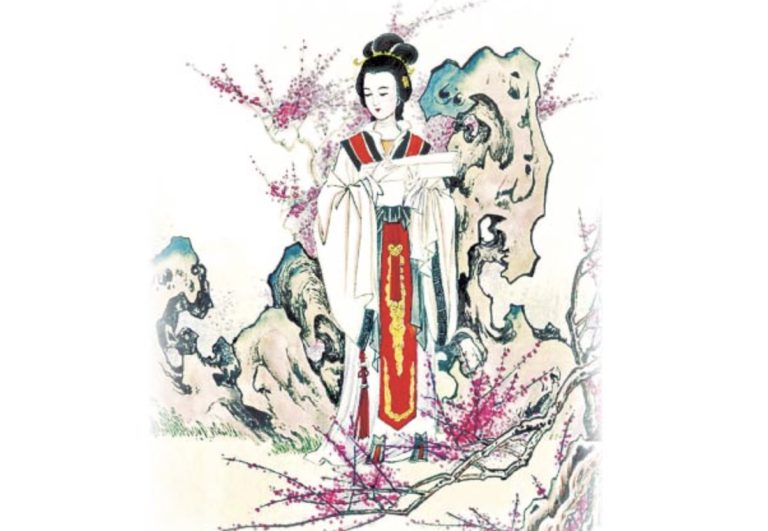The people of China have 5,000 years of uninterrupted history, the longest recorded history in the world. Cang Jie (倉頡) who invented Chinese characters, was the historian for the Yellow Emperor (黃帝) who was honored as “the first ancestor of humanity.” Since the beginning of civilization, Chinese people have had an inextricable relationship with history.
The Chinese have devout respect for history, from the first comprehensive biographical history Shi Ji (史记) or the Records of the Grand Historian to the 24 official histories of successive dynasties, the Chinese have accurately documented pivotal events, profound wisdom, and reflections on history. History has served as an important vehicle for the continuation of Chinese civilization.
The Records of the Grand Historian spans 3,000 years, from the age of the legendary Yellow Emperor to the reign of Emperor Wu of Han in the author’s own time, dwarfing Herodotus’ The Histories, which chronicles only 50 years of Western history, although Herodotus is considered the father of history in the West.
In ancient China, there were full-time historians recording history as it happened. According to The Book of Han (漢書), “The left historian records the words and the right historian records the events.” In other words, ancient emperors had no privacy as their words and actions would be recorded by his left and right historians at all times.
The presence of such people who documented the emperor’s every word and action was a form of invisible supervision that would exert a lot of pressure on the emperors. They felt constrained, not only by their contemporaries, but also future generations, to act and speak in a strictly honorable manner.
Success
You are now signed up for our newsletter
Success
Check your email to complete sign up
On top of that, there was a rule: the emperor was not permitted to read what the historians recorded. Most emperors complied with this rule, but there were a few exceptions.

According to the “Zizhi Tongjian (資治通鑒) or Comprehensive Mirror to Aid in Government compiled by Sima Guang of the Song Dynasty, Emperor Taizong of the Tang Dynasty, broke this rule. He ascended to the throne after killing his elder and younger brothers. Obviously, he wanted to see how it was recorded in history.
At that time, the historian responsible for the records was Chu Suiliang (褚遂良). Emperor Taizong asked him for the records, and he replied, “I have never heard of an emperor requesting to see the historical records.” On this ground, he refused the emperor.
Emperor Taizong asked him, “Do you have to make a note of all the things I do?”
Chu Suiliang replied, “It is my responsibility.”
Another official next to him added, “The emperor’s faults are like solar and lunar eclipses that people can see clearly. Even if the historian doesn’t record it, the people of the world will still remember it.”
However, Emperor Taizong didn’t give up his wish to see what was recorded about him. When Fang Xuanling became the historian, he asked for the historical records again. Fang Xuanling refused at first but later agreed.
After reading the records of the “Xuanwumen Incident,” in which he killed his two brothers, the Emperor asked the historians to “take out the extra words and record the incident straight.” He did not ask to have the record deleted though.
About 200 years later, his descendant, Emperor Wenzong of Tang, also wanted to read the record about himself. Naturally, the historians in charge again refused.
The Emperor asked, “Some emperors have read it before so why don’t you show it to me now?”
The historian replied: “It was a breach of duty on the part of the previous historians. If the emperor himself was free to look at the records, historians would be evasive in keeping records. How could future generations trust such records?” Emperor Wenzong of Tang had to leave it at that.
These two incidents were recorded in the Zizhi Tongjian originally intended as a history textbook for the emperor. The title of Zizhi Tongjian means “in view of past events, to give information on the way of governance.” That is, to draw on the history for the present social governance or to learn from history.
During the Yuanyou period of Song Dynasty Emperor Zhezong (r. 1086—1094), a historian called Lü Tao (呂陶) was in charge of recording the emperor’s daily words and deeds.
Once, a minister approached the emperor and asked him to dismiss the present company, including the historian, as though he wished to have a private talk with the emperor.
Lü Tao promptly spoke up, “It’s already inappropriate to ask the emperor to dismiss other people. How can you ask the historian to leave as well? If a minister wants to keep his discussion with the emperor secret from the historian, it’s clear that the content isn’t open and honest.”
The History of the Song recorded that Emperor Zhezong later issued an edict stipulating that historians must be present for future deliberations, which suggested that only people with guilty consciences and schemes in mind would be worried about what the historians were recording. If one is upright and has the world at heart, there is no need to worry about the historian’s pen.
China owes its carefully-maintained and meticulously detailed historical records concerning every aspect of society to their ancient system of devoted historians. It is through history that the 5,000-year old Chinese civilization was preserved and passed on.














